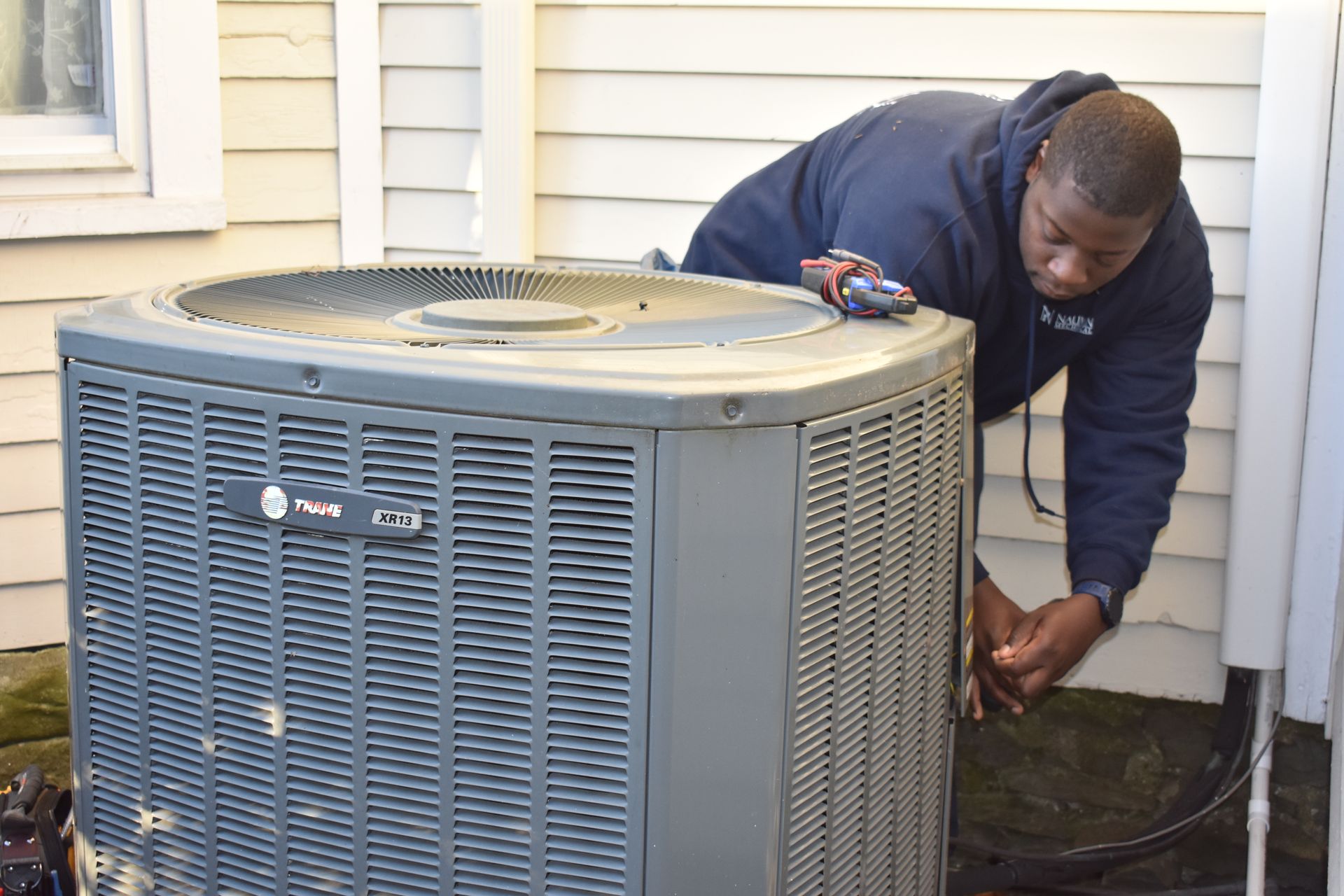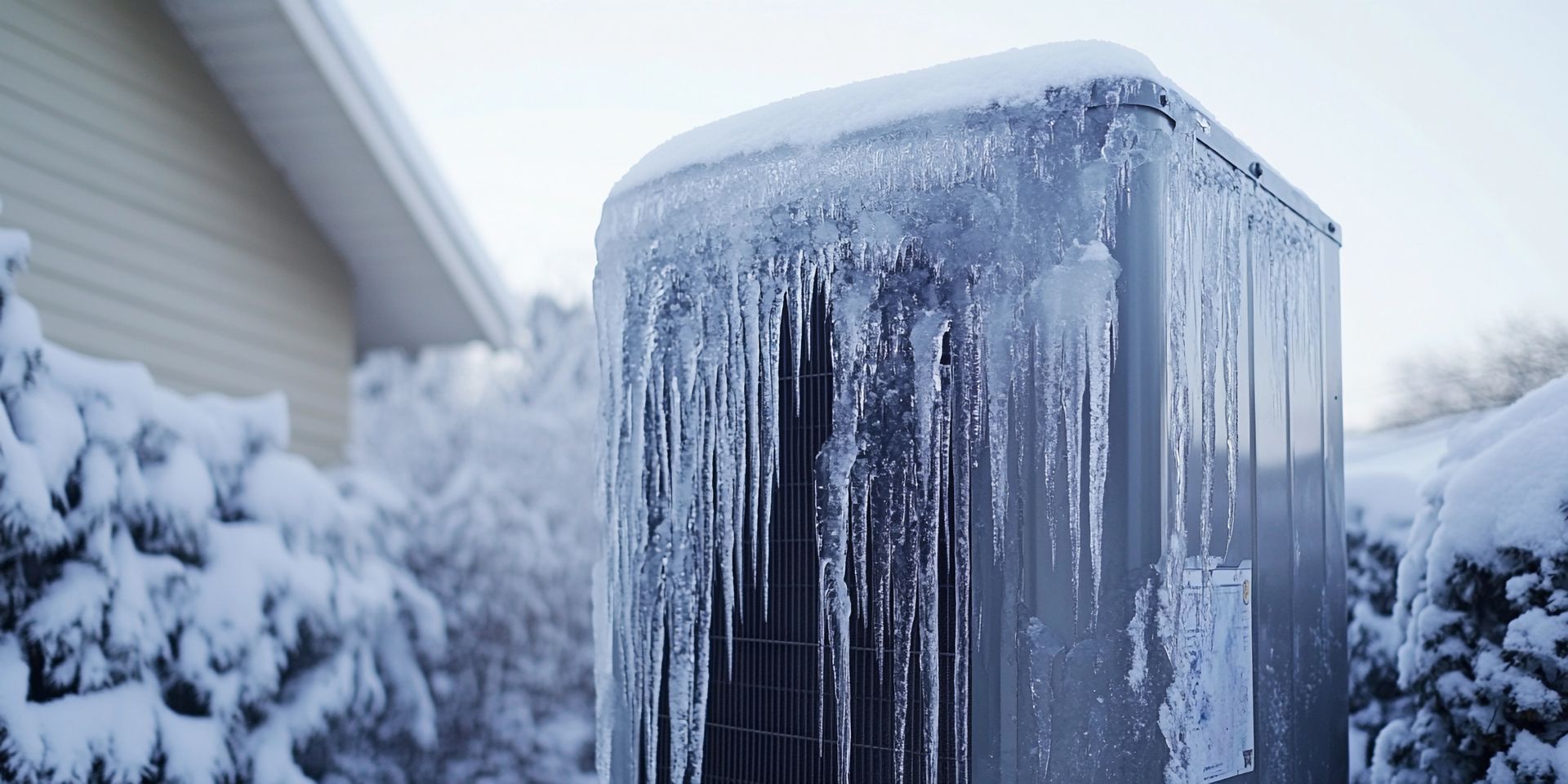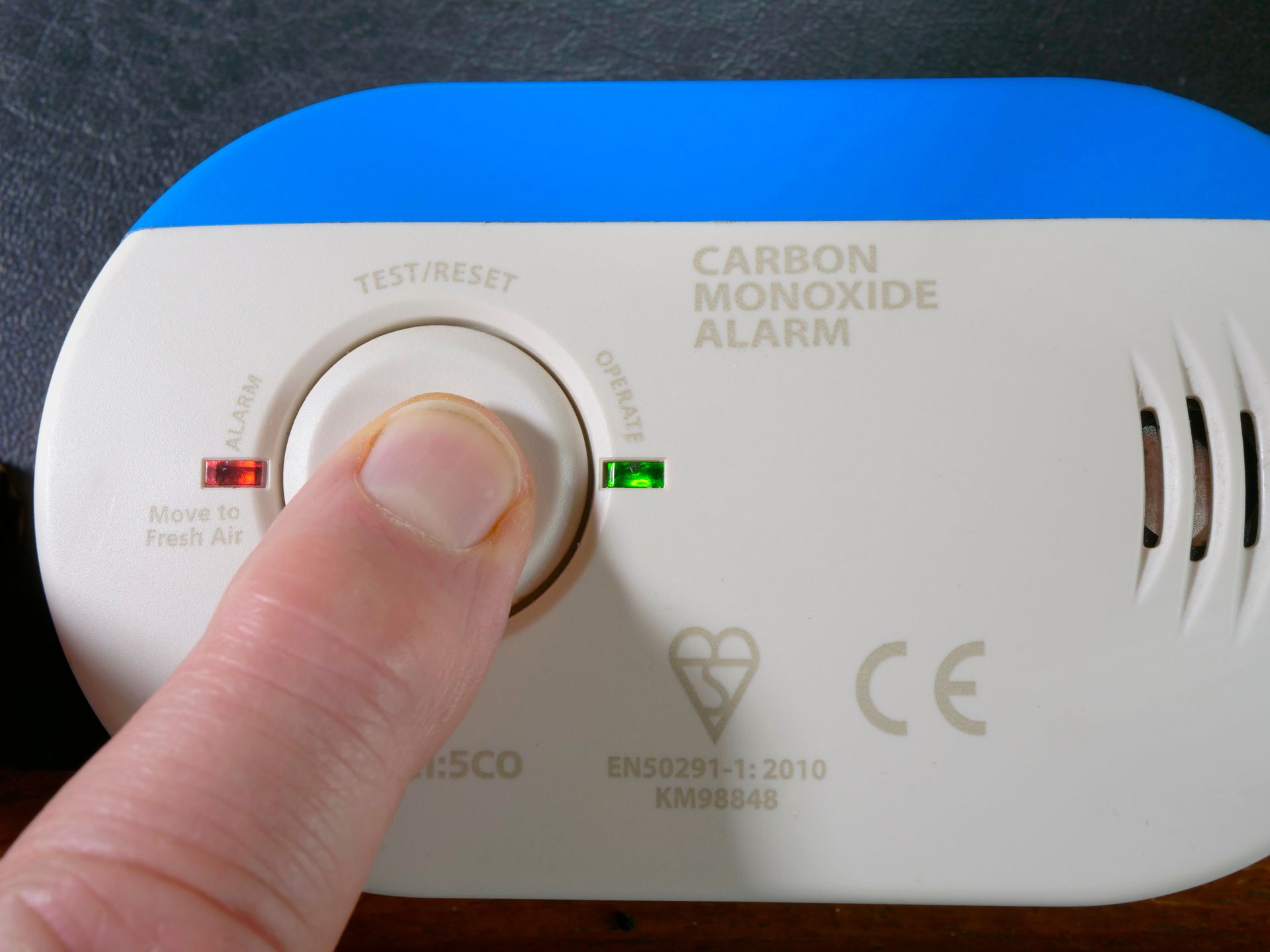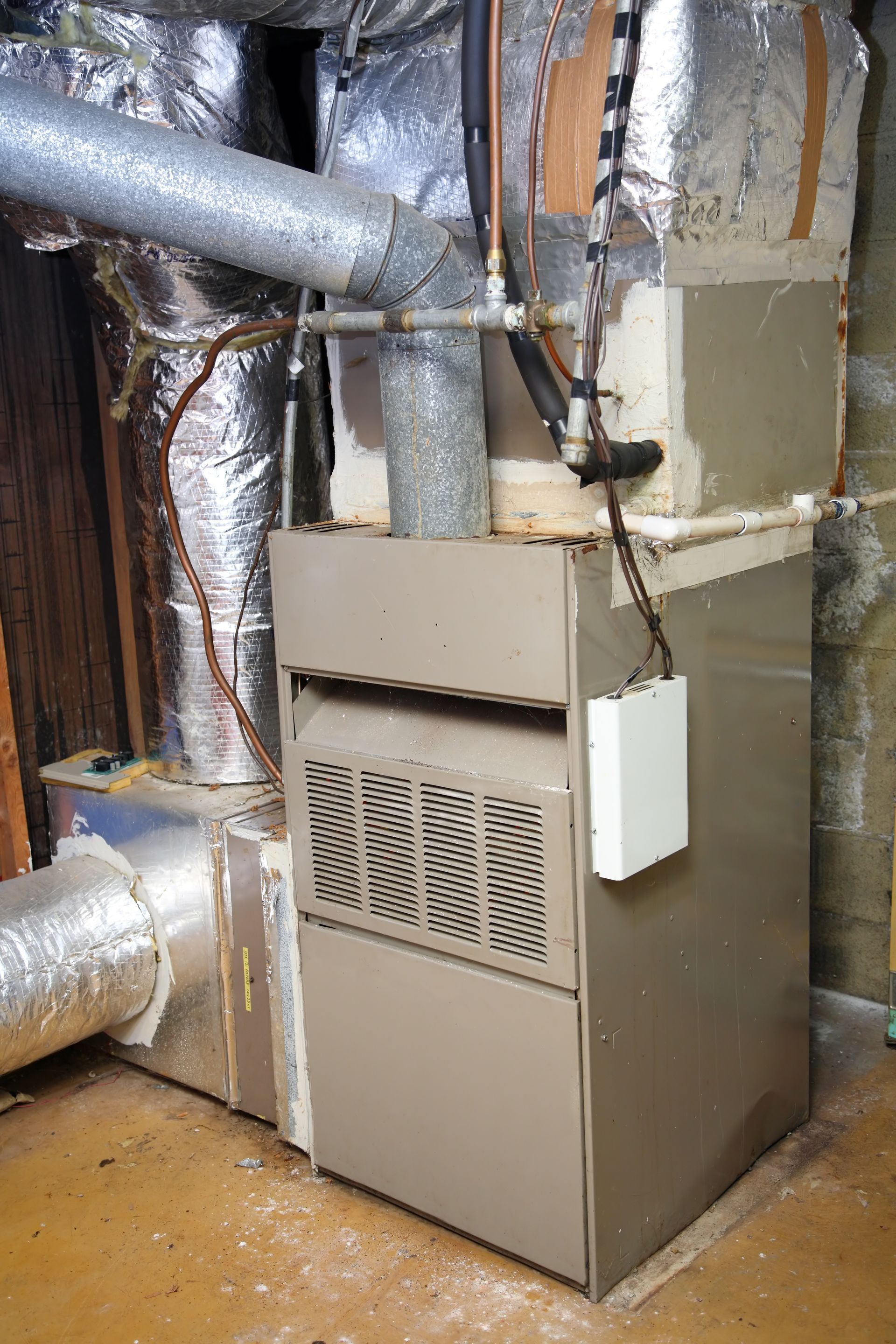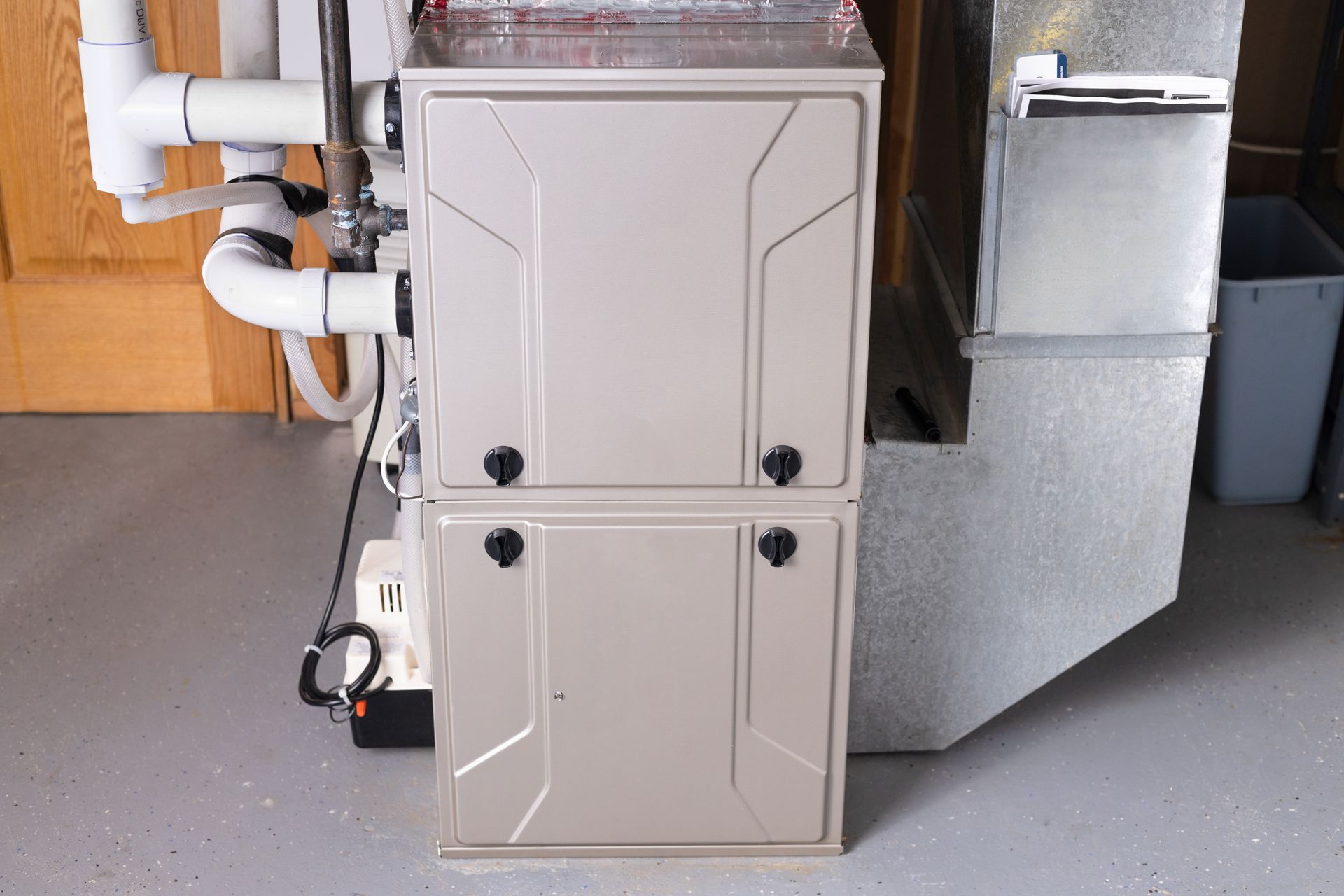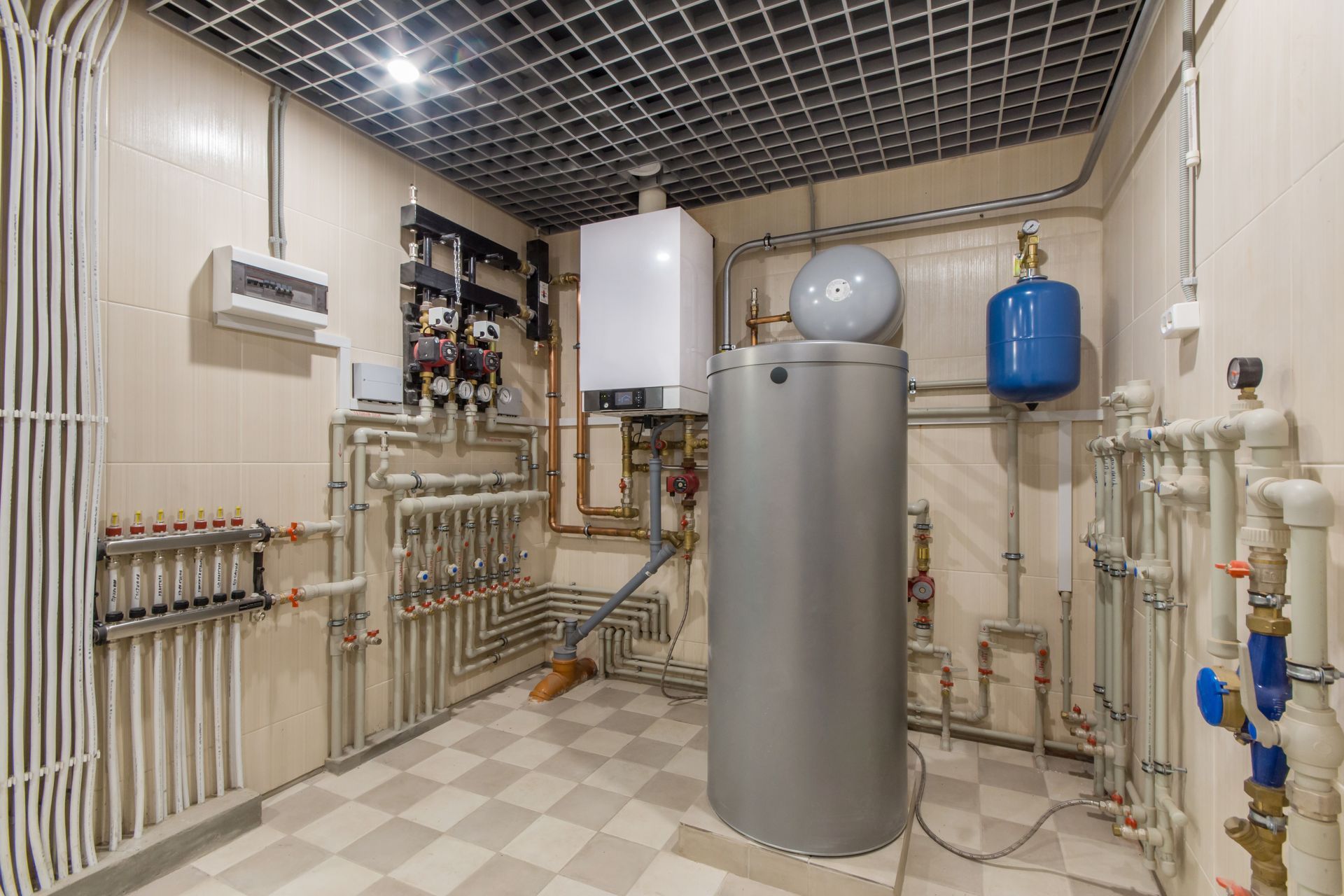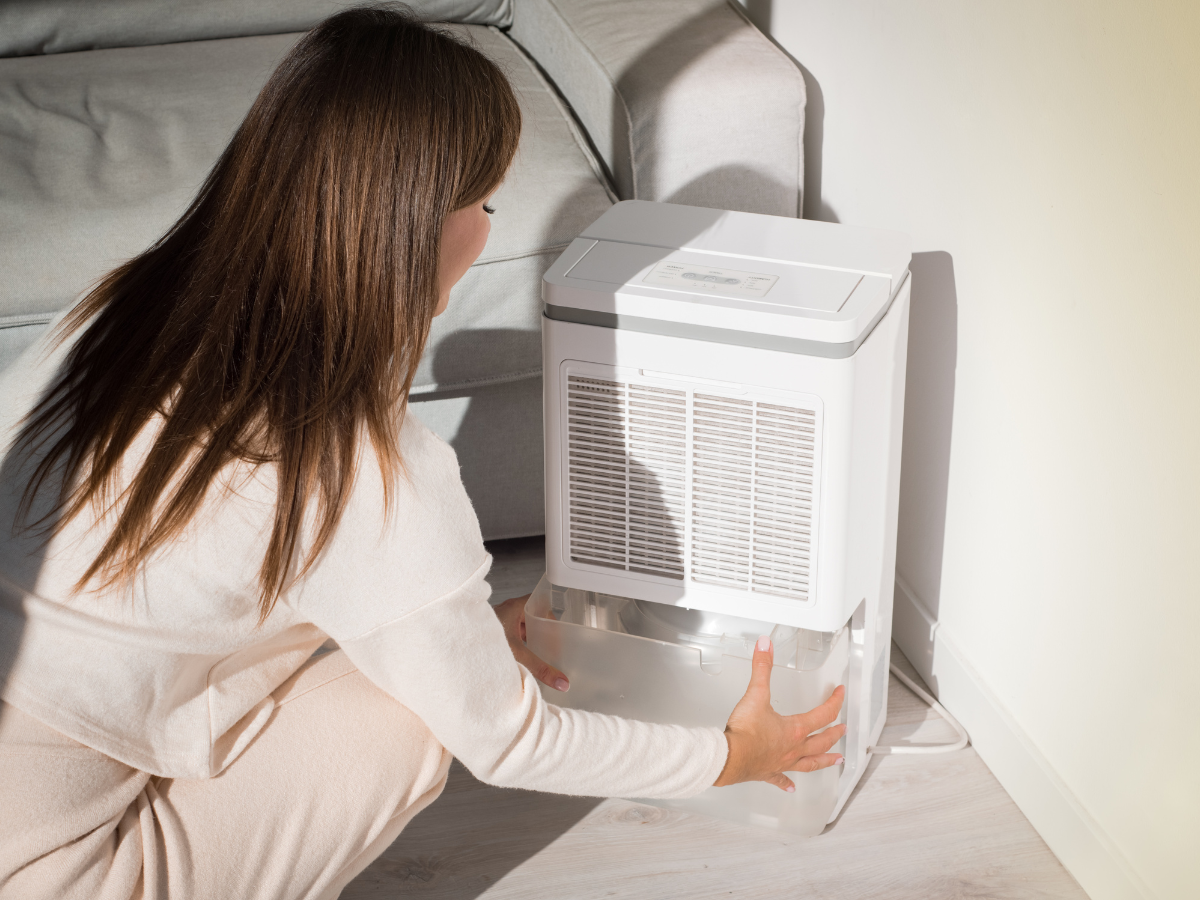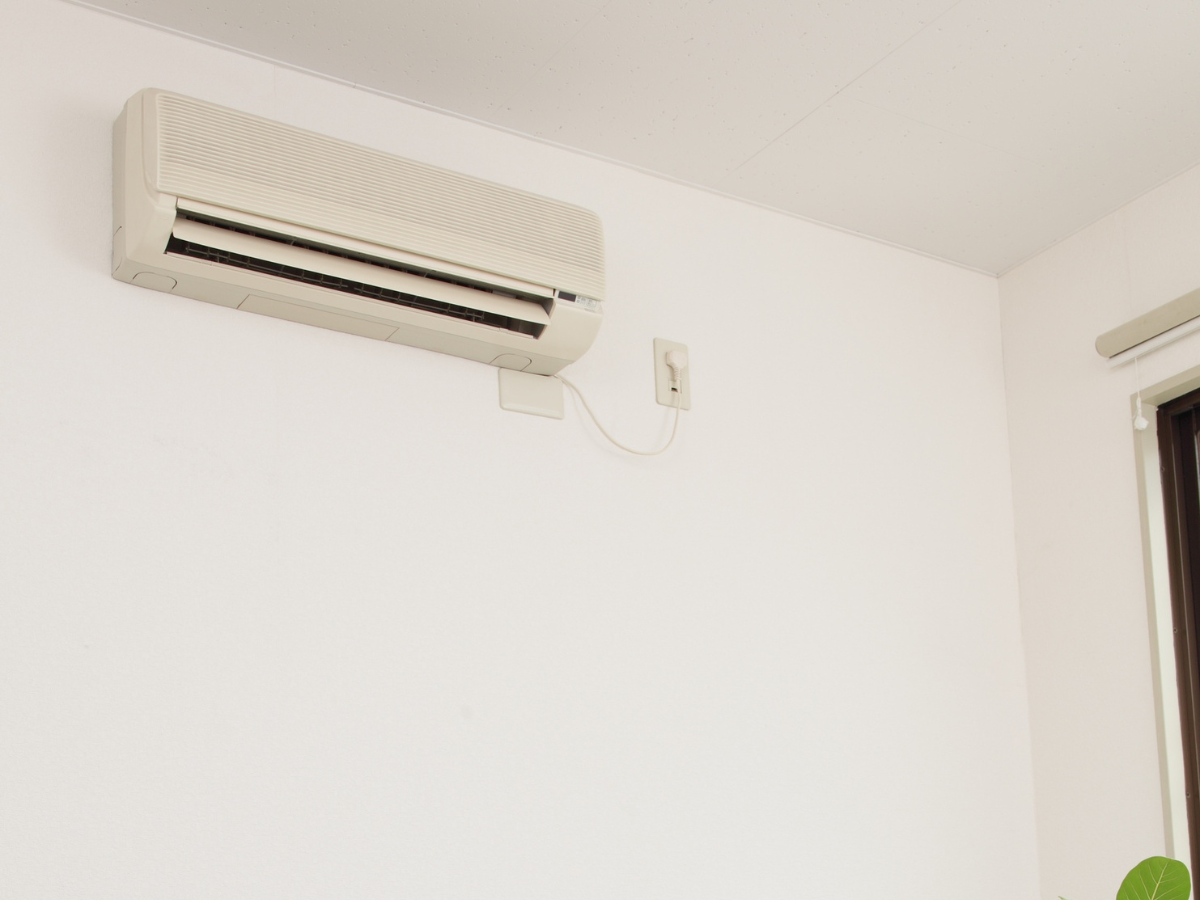How Do I Know If My AC Unit Is Energy Efficient?
Keeping your home cool while managing energy costs starts with knowing if your AC unit is energy efficient. Many homeowners are unsure if their air conditioning system is performing optimally, which can lead to higher utility bills and unnecessary wear. By understanding the key signs of AC efficiency, you can make informed choices about maintenance, upgrades, or replacement, ensuring your system keeps your home comfortable year-round.
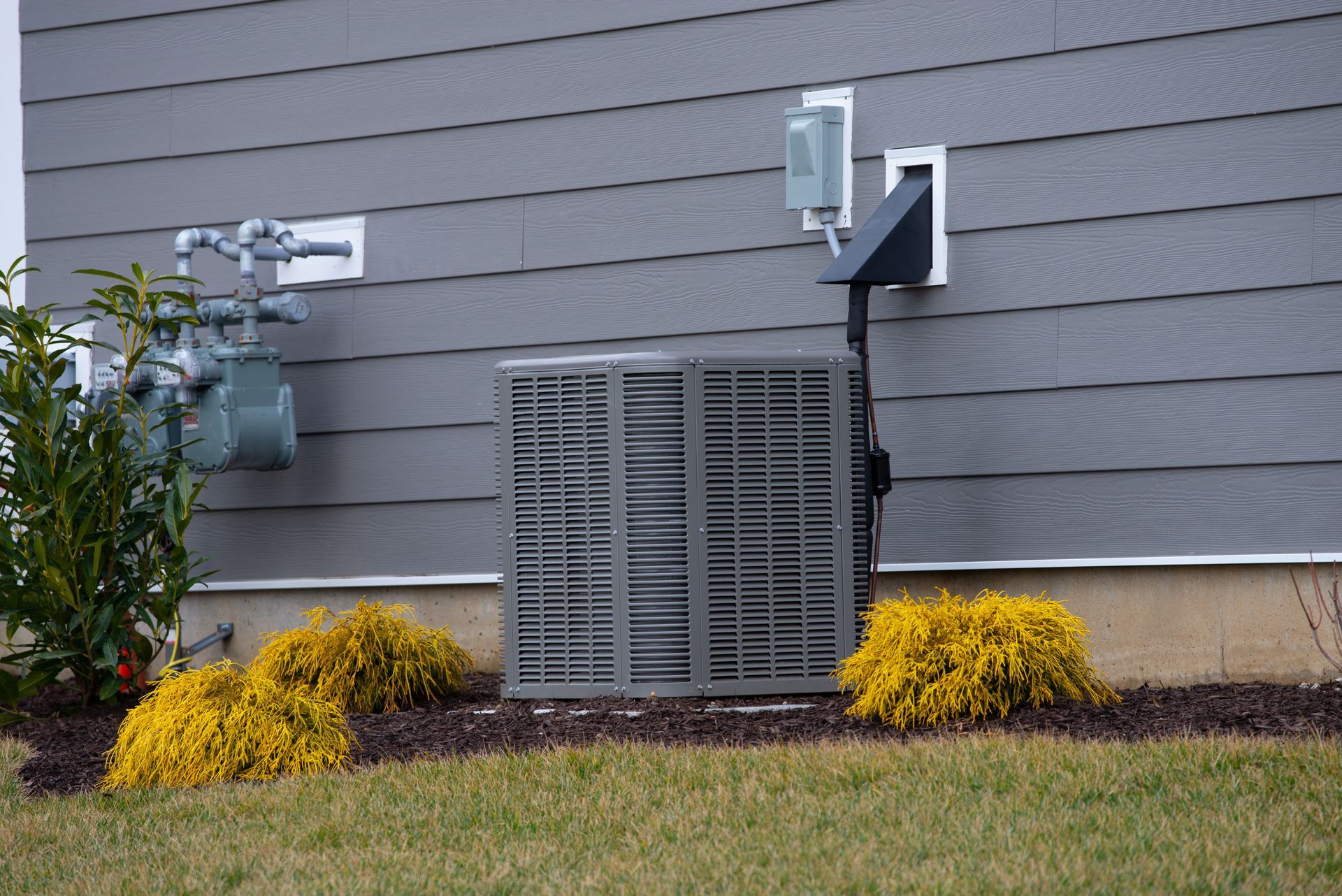
Check the Energy Efficiency Rating
The SEER rating (Seasonal Energy Efficiency Ratio) is one of the most important indicators of an energy-efficient AC unit:
- A higher SEER rating means your air conditioner uses less energy to cool your home effectively.
- Modern central air conditioners generally have SEER ratings between 13 and 25, while older models often fall below 13.
- Units with low SEER ratings may struggle to maintain temperature, increasing energy consumption and utility bills.
- If your system is over a decade old, consider a professional assessment to see if a more energy-efficient AC unit could save you money over time.
Look for the ENERGY STAR® Label
The ENERGY STAR® certification is a trusted standard for AC efficiency:
- Certified AC units meet strict energy efficiency guidelines set by the U.S. Environmental Protection Agency.
- Using an ENERGY STAR® air conditioner can reduce energy use by up to 15% compared to non-certified models.
- Replacing an older system with an ENERGY STAR® certified AC unit can provide immediate energy savings and improve home comfort.
Monitor Your Energy Bills
Your electric bills can offer insight into your AC unit’s efficiency:
- Sudden spikes in energy costs during the cooling season often indicate your air conditioning system is working harder than necessary.
- Energy-efficient systems maintain more consistent bills, even during peak summer months.
- Tracking your bills alongside system performance can help you identify when it may be time for a tune-up or replacement.
Evaluate Airflow and Cooling Performance
Inefficient air conditioners often struggle with airflow and temperature regulation:
- Check that every vent in your home is delivering strong, cool air.
- Uneven cooling, warm spots, or frequent cycling can signal an inefficient AC unit.
- Routine HVAC maintenance, including filter replacement, coil cleaning, and duct inspection, can enhance system efficiency and prolong the life of your air conditioning system.
Consider Modern Upgrades for Maximum Efficiency
If your AC unit is older, upgrading can significantly improve efficiency:
- High-efficiency air conditioners feature advanced compressors and variable-speed fans to optimize energy use.
- Smart thermostats allow you to schedule cooling, track energy use, and adjust settings remotely, reducing waste.
- Enhancing home insulation and ensuring ductwork is sealed can further improve overall system performance.
- Regular maintenance and timely upgrades ensure your air conditioner delivers consistent comfort without high energy costs.
Signs Your AC Unit May Not Be Energy Efficient
Watch for these key indicators that your air conditioning system may need attention:
- High energy bills compared to previous years.
- Inconsistent temperatures in different rooms.
- Excessive noise or frequent cycling on and off.
- Leaks or frost buildup on the unit.
If you notice one or more of these signs, it’s worth contacting Nauman Inc. for a professional evaluation to determine whether repair or replacement is the best solution.
Conclusion
Knowing how to determine if your AC unit is energy efficient helps you maintain comfort while saving money. From checking SEER ratings and ENERGY STAR® certification to monitoring energy bills and optimizing airflow, you can keep your air conditioning system performing at its best.
Nauman Inc. offers expert HVAC maintenance, energy efficiency assessments, and modern system upgrades to ensure your home stays comfortable year-round. Contact us today and experience the benefits of a high-performing, energy-efficient system.

